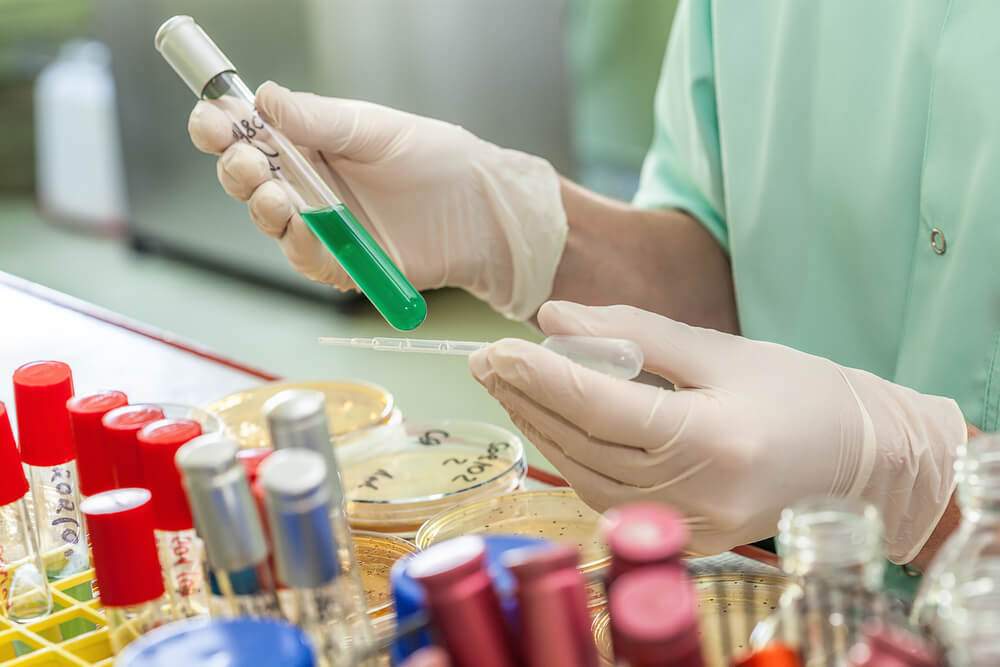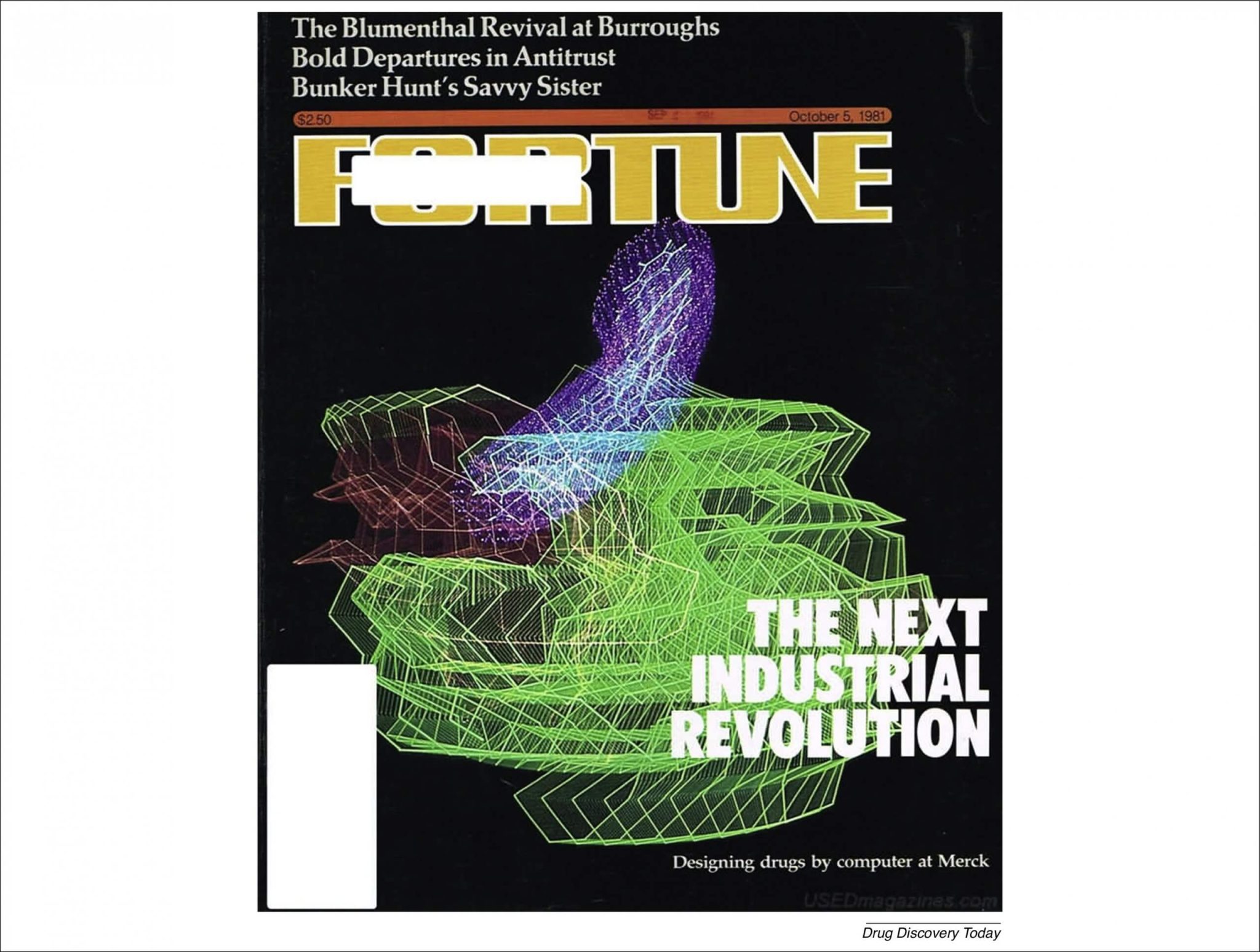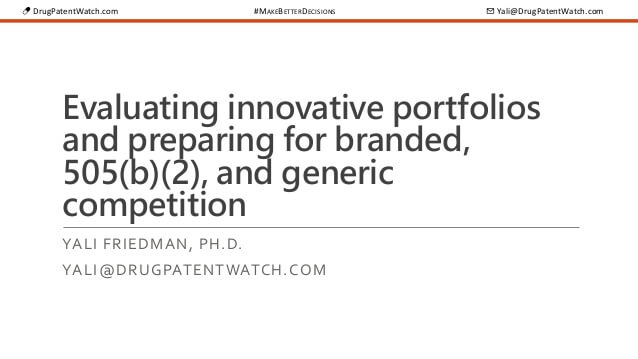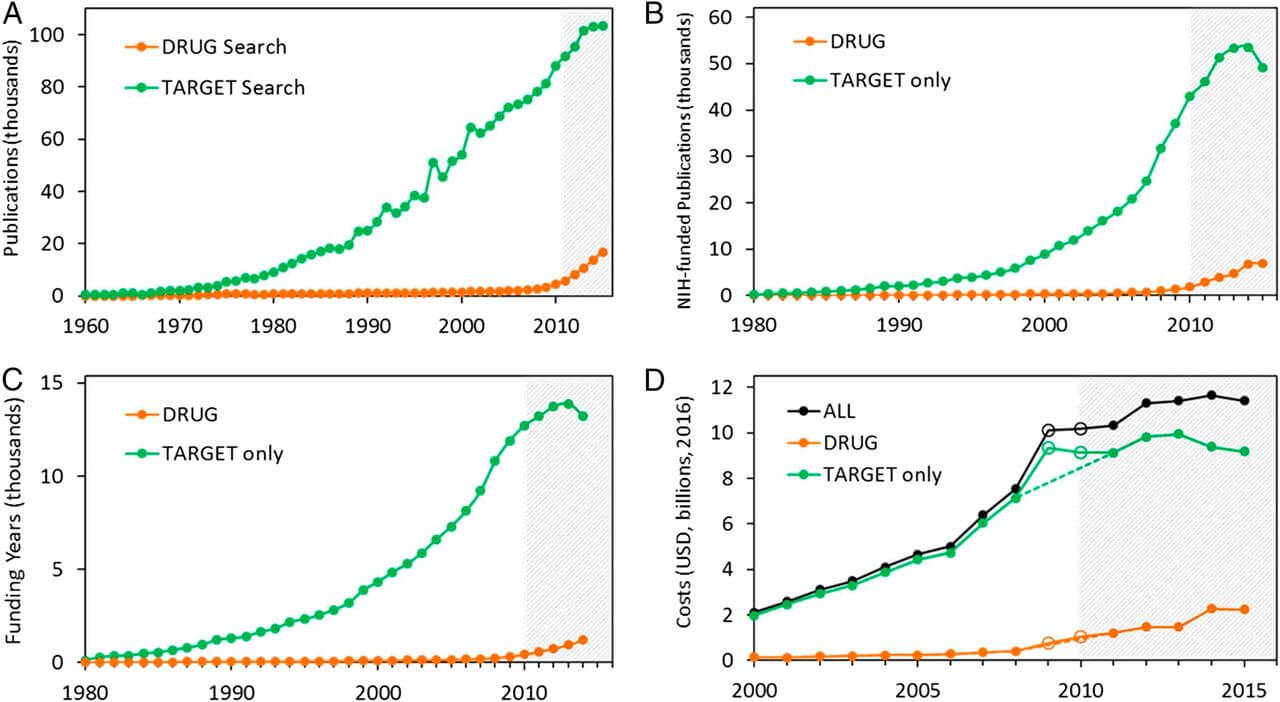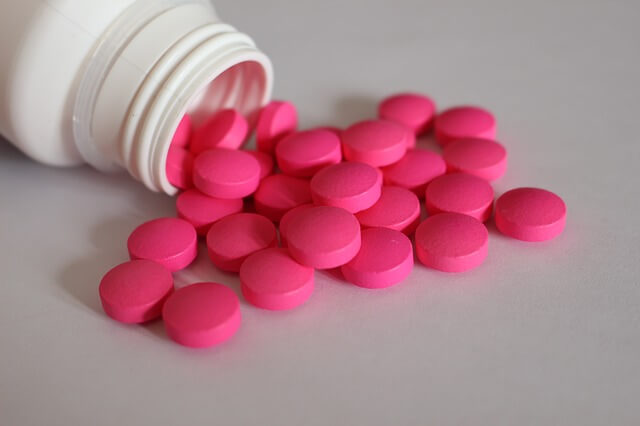In the ever-evolving landscape of pharmaceutical research, a new player has emerged that’s shaking up the industry: Artificial Intelligence (AI). But can this cutting-edge technology really help drug development? The short answer is a resounding yes. AI is not just helping; it’s revolutionizing the way we discover, design, and develop new medications. Let’s dive into this fascinating world where silicon meets medicine, and explore how AI is transforming the future of healthcare.
The Current State of Drug Development: A Time-Consuming and Costly Affair
Before we delve into the AI revolution, let’s take a moment to understand the traditional drug development process. It’s a bit like trying to find a needle in a haystack – if the haystack was the size of a small country and the needle was microscopic.
Typically, bringing a new drug to market takes an average of 10-15 years and costs a staggering $2.6 billion[1]. That’s longer than it takes to raise a child and more expensive than sending them to the most prestigious universities! And here’s the kicker: for every drug that makes it to your local pharmacy, thousands fail along the way.
The Challenges of Traditional Drug Discovery
The traditional drug discovery process is fraught with challenges:
- Time-consuming screening processes
- High failure rates in clinical trials
- Limited exploration of chemical space
- Difficulty in predicting drug-target interactions
- Expensive and resource-intensive experiments
It’s like trying to solve a Rubik’s cube blindfolded while riding a unicycle. Possible? Yes. Efficient? Not so much.
Enter Artificial Intelligence: The Game Changer
Now, imagine if we could give that blindfolded unicyclist a supercomputer brain. That’s essentially what AI is doing for drug development. It’s bringing unprecedented speed, accuracy, and efficiency to every stage of the process.
“AI can revolutionize the pharmaceutical sector by speeding up medication research and discovery.”[1]
How AI is Transforming Drug Discovery
AI is not just a single tool, but a whole toolbox of techniques that are being applied across the drug development pipeline. Let’s break it down:
1. Target Identification and Validation
In the past, identifying potential drug targets was like searching for a light switch in a dark room. AI turns on the lights. By analyzing vast amounts of biomedical data, including genomics, proteomics, and clinical data, AI can identify novel drug targets with unprecedented speed and accuracy.
For instance, at AstraZeneca, AI is being used to crawl through millions of biomedical papers, uncovering hidden connections and potential drug targets that human researchers might have missed[5]. It’s like having a tireless research assistant with a photographic memory and the ability to make connections at superhuman speed.
2. De Novo Drug Design
Once a target is identified, the next step is designing a molecule that can interact with it effectively. This is where AI really flexes its muscles. Using deep learning algorithms, AI can generate entirely new molecular structures that have never been seen before.
“Some systems are capable of generating promising and never-before-seen drug molecules entirely from scratch.”[3]
This is not just incremental improvement; it’s a paradigm shift. AI is opening up a vast, unexplored chemical space that was previously inaccessible to human researchers. As Prakash from Exscientia puts it, “We’re not even fishing in a tide pool next to the ocean. We’re fishing in a drop of water next to the ocean.”[5]
3. Prediction of Drug Properties
Once potential drug candidates are identified, AI can predict their properties with remarkable accuracy. This includes crucial factors like toxicity, bioavailability, and efficacy. It’s like having a crystal ball that can peer into a molecule’s future, helping researchers focus on the most promising candidates.
4. Clinical Trial Optimization
AI doesn’t stop at the lab bench. It’s also revolutionizing clinical trials. By analyzing vast amounts of patient data, AI can help identify the most suitable participants for a trial, predict potential side effects, and even optimize dosing regimens.
Real-World Impact: AI Success Stories in Drug Development
These aren’t just theoretical possibilities. AI is already making waves in the pharmaceutical industry. Let’s look at some concrete examples:
- In early 2020, Exscientia announced the first-ever AI-designed drug molecule to enter human clinical trials[3].
- In July 2021, DeepMind’s AlphaFold predicted the structures of 330,000 proteins, including all 20,000 in the human genome[3]. This breakthrough has massive implications for drug discovery, as understanding protein structures is crucial for designing effective drugs.
- In February 2022, Insilico Medicine started Phase I clinical trials for the first AI-discovered molecule based on an AI-discovered novel target[3].
- In January 2023, AbSci became the first entity to create and validate de novo antibodies in silico using generative AI[3].
- In February 2023, the FDA granted its first Orphan Drug Designation to a drug discovered and designed using AI[3].
These milestones are just the tip of the iceberg. As of March 2022, biotech companies using an AI-first approach had more than 150 small-molecule drugs in discovery and more than 15 already in clinical trials[3].
The AI Advantage: Speed, Cost, and Efficiency
The impact of AI on drug development can be summed up in three words: faster, cheaper, smarter.
Speed: Accelerating the Drug Discovery Timeline
AI is dramatically reducing the time it takes to identify potential drug candidates. What once took years can now be accomplished in months or even weeks. For instance, Insilico Medicine reported that their AI system identified a novel target and designed a new molecule in just 18 months, compared to the typical 4-5 years for traditional methods[3].
Cost: Reducing the Financial Burden of Drug Development
By streamlining the drug discovery process and reducing the number of failed candidates, AI has the potential to significantly lower the cost of bringing a new drug to market. This could have far-reaching implications for healthcare accessibility and affordability.
Efficiency: Maximizing Resources and Minimizing Waste
AI helps pharmaceutical companies make smarter decisions about which drug candidates to pursue. As Braylyan from Pfizer notes, “Using data to make faster decisions on a medicine’s potential would allow us to re-allocate resources, dollars, and expertise to the next promising candidate faster.”[4]
AI in Action: A Closer Look at Key Applications
Let’s dive deeper into some specific ways AI is being applied in drug development:
Molecular Simulations: Virtual Testing, Real Results
AI-powered molecular simulations are reducing the need for physical testing of drug compounds. These high-fidelity simulations can be run entirely on computers, saving time and resources while providing valuable insights into drug-target interactions[3].
Candidate Drug Prioritization: Separating the Wheat from the Chaff
Once a set of promising lead compounds has been identified, AI algorithms can rank and prioritize them for further assessment. These AI approaches have been shown to outperform traditional ranking techniques, helping researchers focus their efforts on the most promising candidates[3].
Synthesis Pathway Generation: Charting the Course to Drug Production
AI is also being used to generate synthesis pathways for drug candidates. This is crucial for moving from a promising molecule on a computer screen to a physical compound that can be tested and eventually manufactured at scale[3].
Document Generation and Management: Taming the Paper Tiger
The pharmaceutical industry is notoriously document-heavy. AI is being employed to automate the generation of regulatory documents, clinical trial reports, and other essential paperwork. As Braylyan from Pfizer explains, “We are working to take the content created across the life cycle of a drug at Pfizer — from early analysis and predictions, lab data, and regulatory documentation, to test results and even the booklet that comes with a box of pills from the pharmacy — and both automate its creation, and ensure that it’s of high quality, using AI capabilities.”[4]
The Future of AI in Drug Development: Promises and Challenges
As exciting as the current applications of AI in drug development are, we’re still just scratching the surface of its potential. Let’s peer into the crystal ball and explore what the future might hold.
Personalized Medicine: Tailoring Treatments to Individuals
One of the most promising applications of AI in healthcare is in the realm of personalized medicine. By analyzing a patient’s genetic profile, lifestyle factors, and medical history, AI could help design treatments tailored to individual patients[1].
Imagine a world where your medication is as unique as your fingerprint, designed specifically for your body and your condition. That’s the promise of AI-driven personalized medicine.
Predictive Healthcare: Catching Diseases Before They Strike
AI models are being developed that can predict the onset of diseases, enabling earlier intervention and better management of chronic conditions[1]. It’s like having a health fortune-teller, but one backed by data and science rather than crystal balls and tarot cards.
Challenges and Ethical Considerations
However, the road to AI-driven drug development is not without its bumps and potholes. Some key challenges include:
- Data quality and availability: AI models are only as good as the data they’re trained on. Ensuring access to high-quality, diverse datasets is crucial.
- Regulatory hurdles: As AI takes on a more prominent role in drug development, regulatory frameworks will need to evolve to ensure safety and efficacy.
- Ethical considerations: Issues around data privacy, algorithmic bias, and the responsible use of AI in healthcare need to be carefully addressed.
- Integration with existing systems: Implementing AI solutions in established pharmaceutical processes can be complex and requires careful change management.
- Explainability: As AI models become more complex, ensuring their decisions are interpretable and explainable to humans becomes increasingly important.
The Human Element: AI as a Tool, Not a Replacement
While AI is undoubtedly transforming drug development, it’s important to remember that it’s a tool to augment human expertise, not replace it. The creativity, intuition, and ethical judgment of human researchers remain invaluable.
As Jim Weatherall from AstraZeneca notes, when AI identifies potential drug targets, “Our biologists then go and look at that and see if it makes sense.”[5] It’s this combination of AI’s computational power and human insight that holds the key to unlocking new frontiers in drug discovery.
Preparing for the AI Revolution in Pharma
For pharmaceutical companies looking to harness the power of AI, here are some key steps to consider:
- Invest in data infrastructure: Ensure you have robust systems for collecting, storing, and managing high-quality data.
- Build interdisciplinary teams: Combine expertise in AI, biology, chemistry, and clinical research to maximize the potential of AI applications.
- Foster a culture of innovation: Encourage experimentation and be open to new ways of approaching drug discovery and development.
- Stay informed about regulatory developments: As the landscape evolves, staying ahead of regulatory changes will be crucial.
- Prioritize ethical considerations: Develop clear guidelines for the responsible use of AI in your research and development processes.
Key Takeaways
As we’ve explored, AI is not just helping drug development; it’s revolutionizing it. Here are the key points to remember:
- AI is accelerating every stage of the drug development process, from target identification to clinical trials.
- AI-designed drugs are already entering clinical trials, with many more in the pipeline.
- The technology is opening up vast new areas of chemical space for drug discovery.
- AI is making drug development faster, cheaper, and more efficient.
- Challenges remain, particularly around data quality, regulation, and ethical considerations.
- The future promises even more exciting applications, including personalized medicine and predictive healthcare.
- AI is a powerful tool, but human expertise remains crucial in drug development.
As we stand on the brink of this AI revolution in pharmaceuticals, one thing is clear: the future of drug development is here, and it’s powered by artificial intelligence. The question is no longer “Can AI help drug development?” but rather, “How can we best harness AI to create better, safer, and more accessible medicines for all?”
FAQs
- Q: How much faster is AI-driven drug discovery compared to traditional methods?
A: While it varies, some companies have reported reducing early-stage drug discovery timelines from 4-5 years to just 18 months using AI[3]. - Q: Are AI-designed drugs safe?
A: AI-designed drugs still undergo rigorous safety testing and clinical trials. AI is a tool to accelerate discovery, not bypass safety protocols. - Q: Will AI replace human researchers in drug development?
A: No, AI is a tool to augment human expertise, not replace it. Human creativity, intuition, and ethical judgment remain crucial. - Q: How is AI addressing rare diseases in drug development?
A: AI can help identify potential treatments for rare diseases by analyzing vast amounts of data and exploring chemical spaces that might be overlooked by traditional methods. - Q: What skills will be in demand as AI becomes more prevalent in drug development?
A: Interdisciplinary skills combining AI/machine learning expertise with biology, chemistry, and clinical research will be highly sought after.
Sources cited:
[1] https://www.sciencedirect.com/science/article/pii/S2949866X24000327
[3] https://blog.petrieflom.law.harvard.edu/2023/03/20/how-artificial-intelligence-is-revolutionizing-drug-discovery/
[4] https://www.pfizer.com/news/articles/artificial_intelligence_on_a_mission_to_make_clinical_drug_development_faster_and_smarter
[5] https://www.technologyreview.com/2023/02/15/1067904/ai-automation-drug-development/


